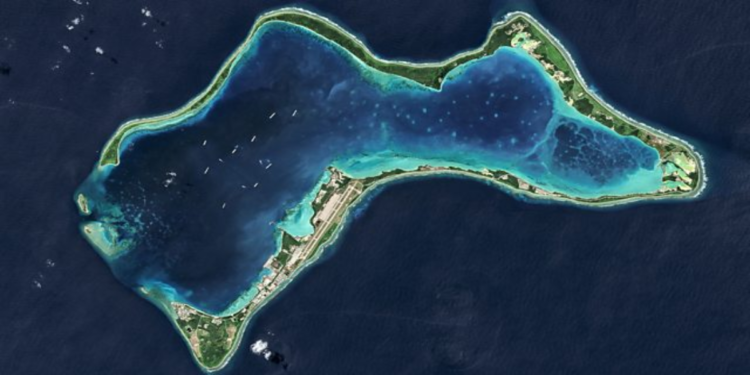Judges at the world’s highest court have spoken: Africa’s decolonization has not been lawfully completed. The British illegally detached the Chagos Islands from Mauritius before the colony was granted independence in 1968. The government in London is obliged to give the archipelago back to Mauritius, of which it had been a part since at least 1814. All UN member states are obliged to cooperate, the International Court of Justice said on Monday. Read: also the US, who have a big military base on Diego Garcia, the biggest of the Chagos Islands.
When the British pledged the islands to the Americans for military use in the 1960s, the population was “forcibly removed”, the highest UN judges in the Hague Peace Palace said on Monday, echoing language used in international criminal jurisdictions.
The indigenous inhabitants were deported under threat, forced to leave their homes and much of their personal belongings behind. They were abandoned on other islands in the Indian Ocean region, with no compensation, no new housing or jobs provided. For decades, the deported Chagossians have been crying for their robbed ancestral land where they are not allowed to return.
The highest judges of the world noted that at least since 1960, self-determination (which means decolonisation if requested) is an important guiding principle of the UN, and that the right to territorial integrity is part of the right to self-determination.
Mauritius admits that a delegation of the then British colony accepted in 1965 during talks in London that the Chagos Islands would be split off. Mauritius stated before the ICJ it was under pressure then, and that the concession done “under duress” was not legally valid. London said in 1965 that Mauritius would not gain independence if it did not give up Chagos. Thus, the ICJ says, the “agreement” to give up Chagos was not an “expression of the free will” of the people of Mauritius.
The UK is thus under an obligation to give Chagos back to Mauritius as soon as possible to complete the decolonization process, the ICJ said. Monday’s ruling is a non-binding advisory opinion – vested, however, with the authority of the world’s highest judges stating what the current state of international law is. It is up to the United Nations General Assembly to follow up on the ruling and make sure the British give up their last colony in Africa.
For victim’s statement see:







